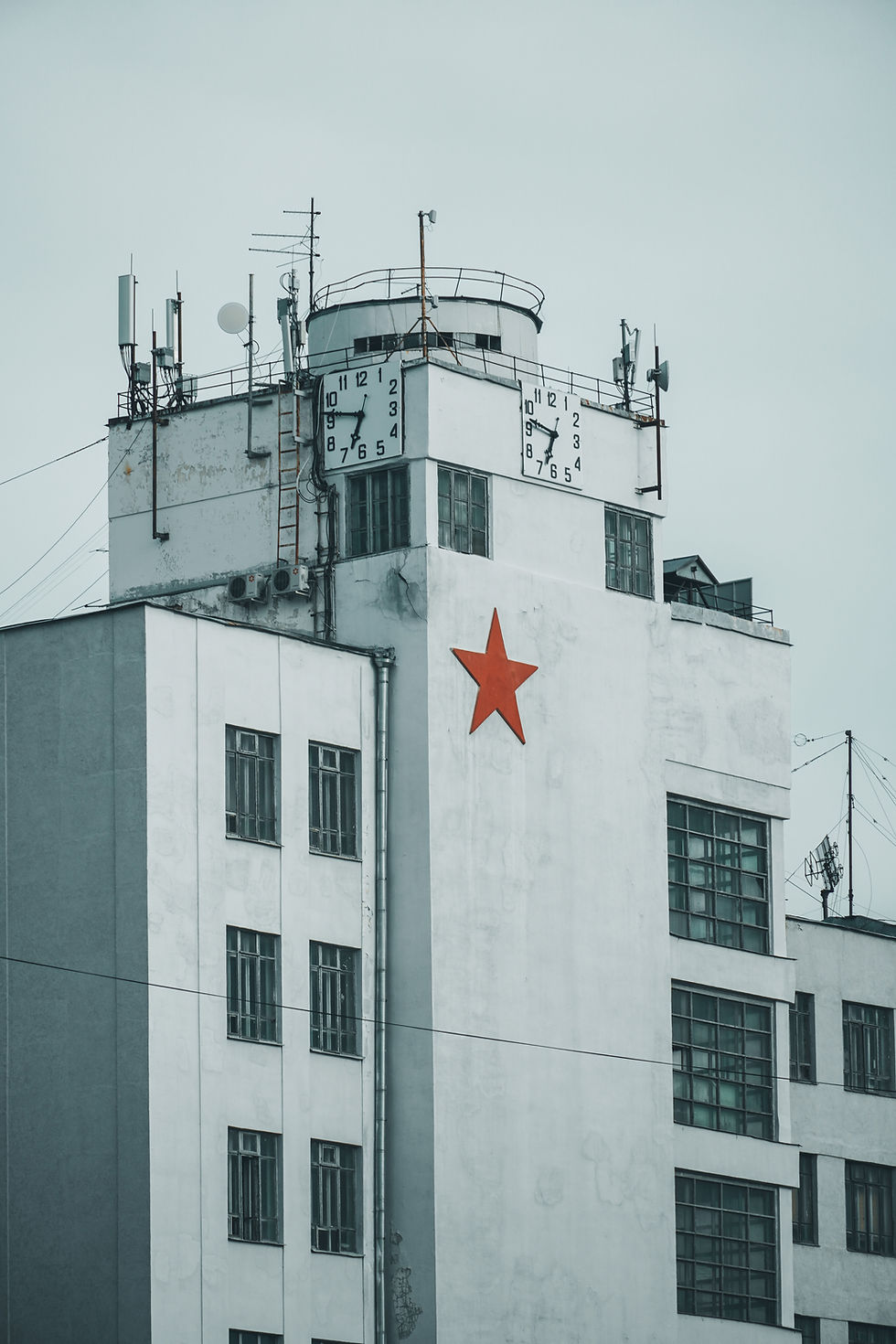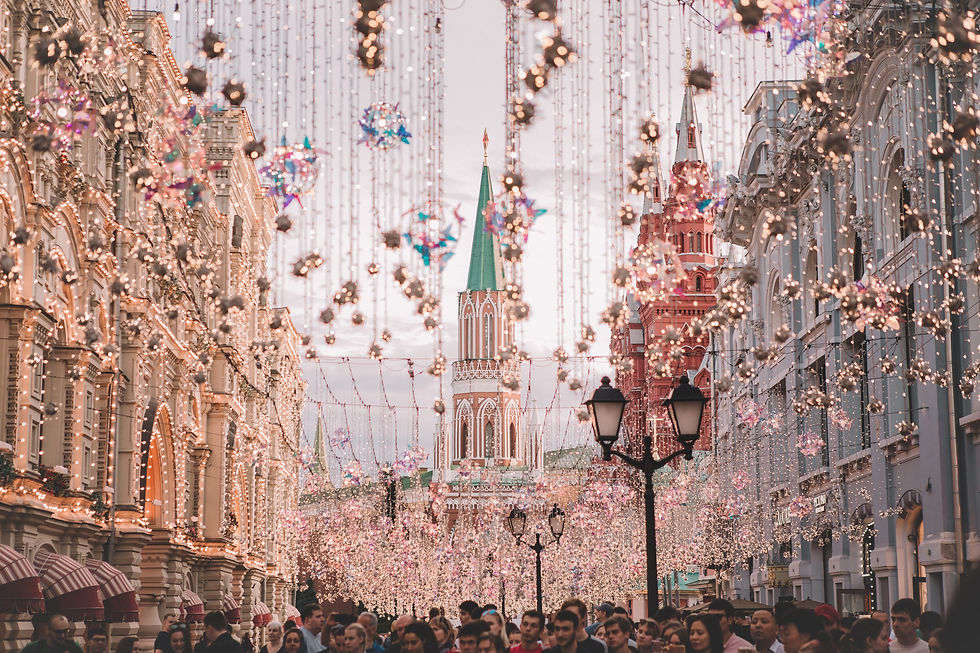Large and populous cities are no longer as attractive as they used to be for young people looking for opportunities—according to many, the future of Russia lies in the nondescript provinces. Our Program Coordinator, Tim, recently went to Moscow to meet with social organizers and was faced with the questions—is the ardent desire for life in a metropolis already a relic of the past? Is Russia just Moscow and St. Petersburg? For some reason, facts are showing they are going out of style and are losing their once-enduring popularity.

The massive flow of the Russian population to large cities has been going on for more than a century, but recently there has been a shift in that reality: a significant part of the residents of Moscow, St. Petersburg, and other centers are leaving the cities in favor of more secluded and calm, but at the same time no less convenient, communities. The trend was accelerated by the pandemic, which made it possible to reconsider the attitude towards remote work: many Russians no longer need to waste time traveling to the office.

Most of the inhabitants of the provinces in Russia began to move to large cities after the 1917 revolution. The first large wave of those who rushed into megacities was associated with the process of industrialization and came at the end of the 1920s—due to the lack of jobs in the villages, people went to build enterprises and work in factories. The level of urbanization soared—by 1937 the number of urban residents doubled, to 34.3 million people, an increase of more than 18 million. The process did not slow down during World War II—the country founded three new cities, where residents and important industrial facilities thrived.
Resettlement continued in the following decades.
By the end of the 1950s, half of the country's population lived in cities, which were actually filled with migrants from villages. However, by the difficult 1990s, the pace of urbanization had dropped—population growth in the country decreased, industrial enterprises were not built as actively as before, and the potential of the village in the form of residents dreaming of moving was exhausted. By the end of the 20th century, more than 107 million people—73% of the country's population—lived in cities.
In the 2000s, Russia was again seized by a massive desire to move: those who lived in the provinces went to megacities for an interesting life and career. Some did not change their field and continued to do their previous work, but in a different city. Russians from small towns began to populate the Moscow region.
Until 2018, from 100,000 to 200,000 people came to Moscow every year amid economic development.

The metropolis was considered a city of opportunity with higher wages and higher living standards. They went to the capital to study, earn money, build a career, or open a business.
But by the end of the 2010s, the consciousness of Russians had changed: those who had once come to Moscow to build their careers began to leave for home. Russians started to willingly return to their small towns, realizing that life does not revolve exclusively around megacities. In 2018 alone, there were about 50,000 such "returnees"—this trend is growing.
In October 2020, in a HeadHunter study, residents of Moscow, St. Petersburg and the Arkhangelsk region stated that they were leaving the city because of the pollution and “wet” climate. Russians expressed similar concerns in March 2021 in a poll by the Rabota.ru service: Moscow turned out to be the leader in the rating of cities where people did not want to move. Of the 9,000 respondents, 68% were repelled by the capital’s high level of stress and hectic pace, 44% would refuse to move because of the high cost of housing, and 41% of respondents spoke negatively about the ecology of the Russian capital.
It is worth noting that for many developed countries, moving from megacities to regional centers has become a reality. Residents of the USA, Canada and European countries understand that it is irrational to pay for living in a large city if they can live at the same level in the provinces. Again, this trend came to Russia for a reason—life in the provinces improved significantly over the past decade.
We know it and we see it. We believe that in order to develop a country, we need to invest in its heart—its provinces. GEN has high hopes for the small Minusinsk and wants to make it attractive for young people and adults, creating opportunities for development and self-realization. We are proud to be part of the movement that is encouraging young people seeking opportunities to find them where they are—with family and friends they love.
"The wise strength of a builder is hidden in every person, and you need to give it the will to develop and flourish." M. Gorky
To achieve success, you do not need to strive for where everything is already open, start here and now. Starting small, you will achieve greatness, because the main source of success is yourself.

Commenti